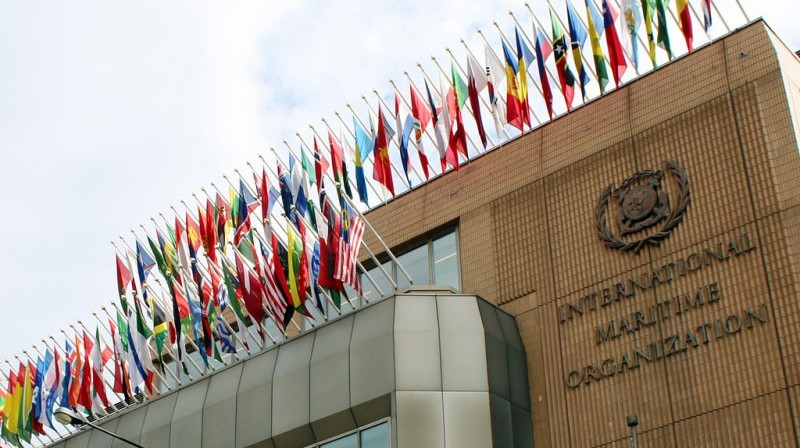Is the supertanker turning or just tilting in the tide? That is the question after a week of environmental talks at the UN shipping body.
The International Maritime Organization agreed to reduce the sulphur content in fuel from 2020. That will prevent an estimated 200,000 premature deaths, a win for public health in the face of emerging economy calls for a delay to 2025.
Still, as Ed King writes, it has taken a decade to get that decision. Meanwhile, talks on a climate strategy for the sector, responsible for 2-3% of global emissions, are only just warming up.
By Friday, there appeared to be consensus on a timeline for discussions, at least. This will see a plan – which may or may not be framed as a target – thrashed out by 2018 and reviewed or confirmed by 2023.
Tight reporting restrictions deter scrutiny of countries’ positions. Only three out of 15 delegates approached by Climate Home gave permission for their statements in the plenary to be quoted.
Quote of the week
“I was conscious coming into this job I would face enormous expectations after Paris Agreement” – UN climate chief Patricia Espinosa talks to Ed King
Brazil backsliding
The latest emissions data published by independent analysts at the Climate Observatory will make uncomfortable reading for the government.
It shows a 3.5% increase in greenhouse gases from 2014 to 2015, even as the economy slumped. Forest clearance was the number one culprit.
Natalie Unterstell has some advice for the government to fix it.
Balkan dash for coal
Bosnia-Herzegovina has some of the worst pollution in Europe and is a net export of power. So why is it planning to nearly double its coal fleet?
I spoke to the NGOs mounting legal challenges against a series of Chinese-backed power plants that may or may not get built.
CHEAP RENEWABLES KLAXON
The latest wind and solar PV contracts in South Africa are coming in 40% cheaper than new coal plants, a leading research institute found.
Why is the country still building coal plants, I asked in an email to energy professor and sometime government adviser Harald Winkler. He replied with a single line: “I’d say that’s a very good question – why indeed?”
The International Energy Agency remained cautious in its latest medium-term outlook for the renewables sector. It revised up predictions for the next six years, but sees installation rates flatlining without further policy support.
Weak grid infrastructure, policy uncertainty and financial barriers risk holding back growth even as technology costs fall, analysts said.
Quick hits
US: Pope’s climate message did not sway Republicans
Philippines: Carbon majors respond to human rights probe
Germany: Minister sees coal burning until the 2040s
WMO: World has entered new climate reality
Bolivia: Rapid glacier melt threatens water supply, homes
UK: Public support for fracking hits new low
